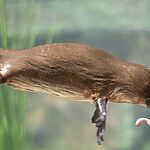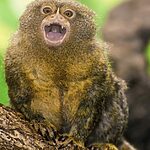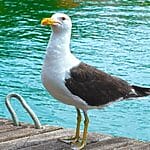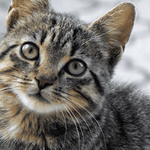When people think of all of the cute animals that call Australia their home, one of the most commonly mentioned is the Wombat.
There is absolutely no denying that Wombats are some of the cutest animals ever, which is why so many people say that they would love to own a Wombat as a pet!
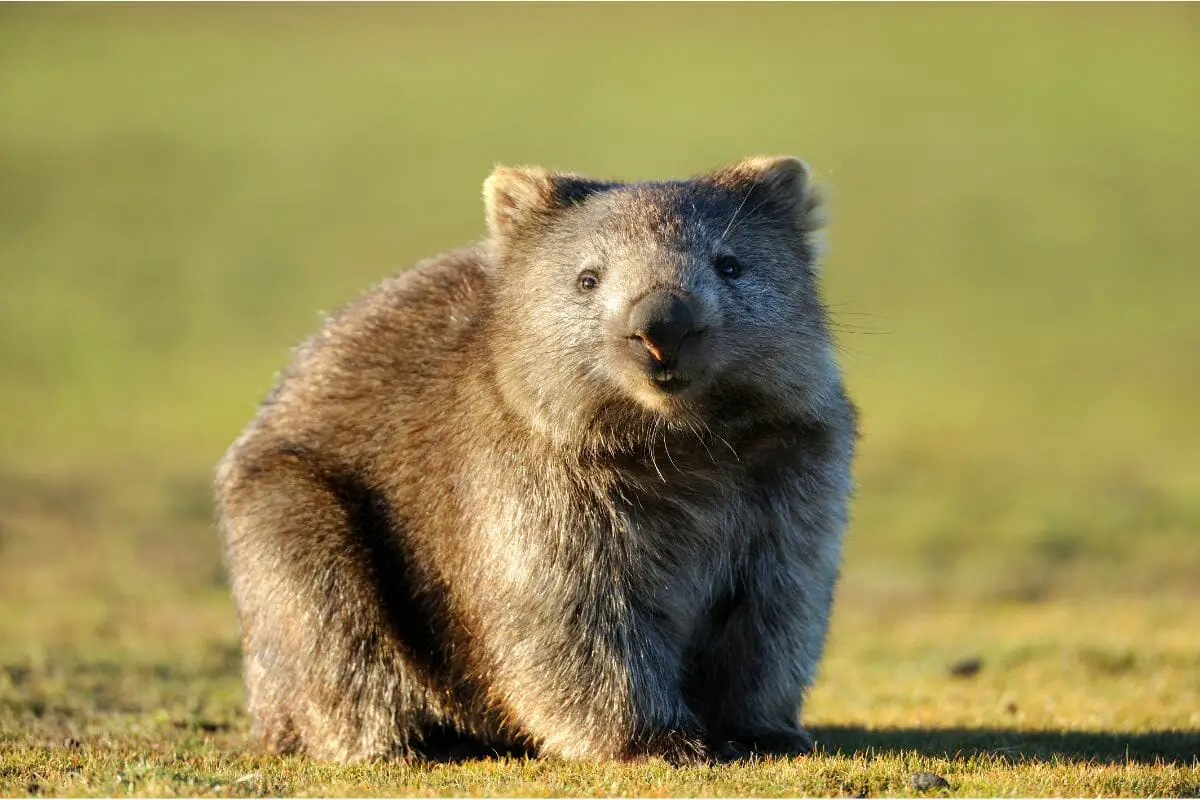
To many, they appear to be a rather cute and chunky animal, that is also super furry and cuddly, and also seem rather cute and docile in terms of their personality. However, the reality of being a carer to a pet wombat would shock people!
So, if you want to find out whether or not you could own this adorable creature, as well as some more interesting information about Wombats, then read on through our guide to discover if you can have a wombat as a pet(see also: Can You Have A Pet Bandicoot? (Please Read))!
What Is A Wombat?
Firstly, let’s talk about what a Wombat actually is. When most people think about or imagine a Wombat, they tend to picture a common Wombat, which is also known as a Vombatus Ursinus.
This species of Wombat can usually be found in the coastal areas of Victoria and New South Wales, but they can also be found living throughout the islands of Tasmania as well.
The common Wombat isn’t the only Wombat species though, as there is also the southern hairy-nosed Wombat (Also known as the Lasiorhinus latifrons) which can be seen around the southern coastal areas of Australia, and the northern hairy-nosed Wombat (Also known as the Lasiorhinus krefftii), which can only be found in an extremely small section of Queensland.
If you think a pet wombat would make a good companion for you, it’s probably better to learn more about them from a responsible organization before you decide to get one for yourself.
Wombats (Check out Is A Wombat An Omnivore?) are a type of marsupial (which is a term used to group pouch-wearing mammals) and they have backward pouches.
In terms of their homes, wombats are incredibly similar to their natural habitat when in captivity. rabbits and hares, as they will usually burrow their way into the ground, making it difficult to keep a wombat as a pet. As native animals, a wombat’s food generally tends to consist of grass and other forbs, making them unsuitable to a home environment.
In the wild, Wombats will usually tend to live for about 15 years, but this can double to 30 years if they’re kept in captivity.
In terms of their size, they usually will weigh anywhere in the range of 40 to 70 pounds, and they’re well known for their stubby legs and plump bodies, but they also have some rather sharp claws on their legs as well as some sharp incisors too!
Can I Own A Wombat As A Pet?
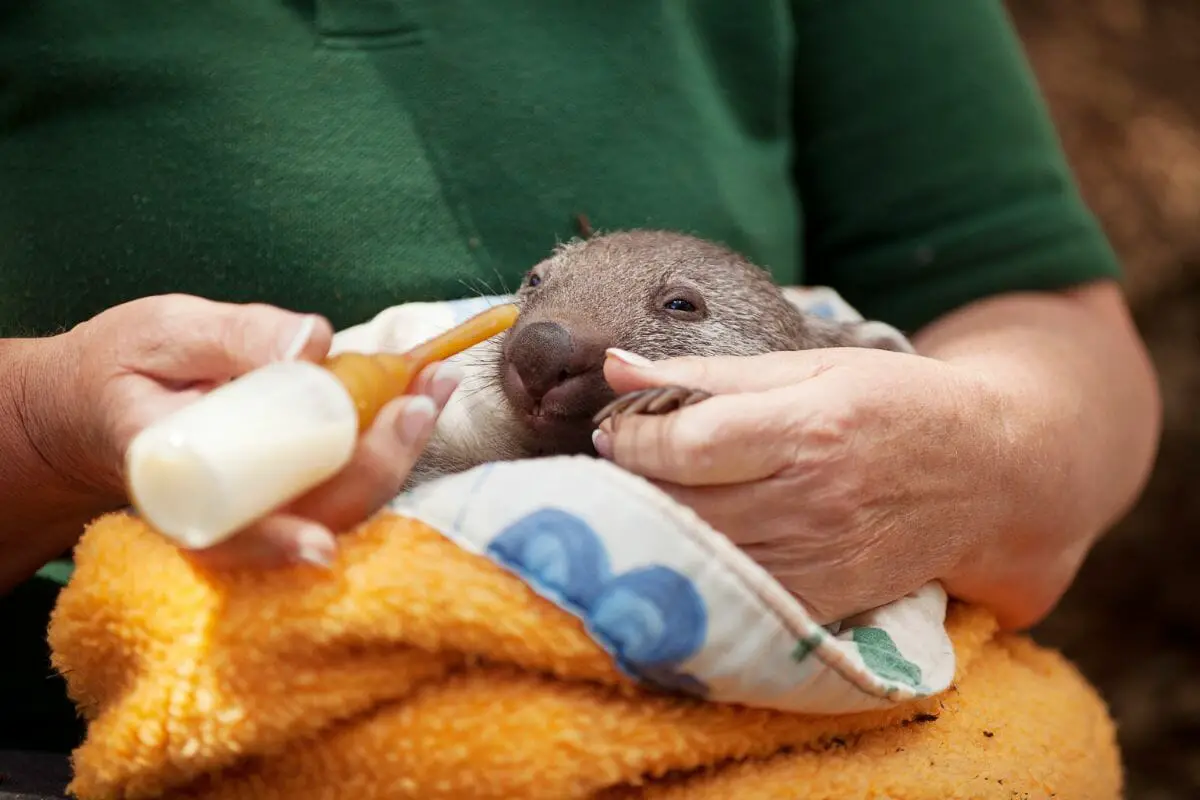
So, now that you know a little more about these adorable little creatures, you might be wondering whether or not you can own one as a pet, and if they’d make a good pet.
Unfortunately, despite how cute they are, no, Wombats absolutely do not make good pets.
Currently, having a pet wombat is completely illegal in Australia, and exporting them out of Australia is highly illegal as well, so keeping a wombat anywhere would be against the law.
Aside from the legality that it’s illegal to keep wombats as pets, there are also a few other reasons why a wombat may make for a horrible pet.
They’re Wild Animals
Above anything else, Wombats are wild animals, so even if they appear friendly, and act that way at first, it’s completely natural for a Wombat to become aggressive after a period of time, especially around humans.
In context to having a pet wombat, Wombats aren’t fond of cuddles which would probably be number one on the to-do list when it comes to owning one.
They’re Destructive
Because Wombats burrow to build their homes in the wild, owning one and keeping it in your house won’t prevent them from wanting to dig and burrow, in fact, they’re known to be a massive pain for farmers due to the tunnel systems they are able to create under the ground.
Wombats, if kept as pets, are also extremely strong diggers, and nothing except for steel and concrete is going to stop them from doing so, turning your house into a habitat that doesn’t suit their need. Seeing your house destroyed would soon become a reality!
They Can Hurt!
Being a wild animal, it also means that Wombats are unpredictable, and when you consider the sharpness of their teeth and claws, then the last thing you’d want is to be bitten or scratched by one of these cute creatures.
They’ve also been known to knock people over if they charge, combined with their defensive nature, it’s definitely best to leave handling these creatures to trained wildlife professionals.
Some Are Endangered
Regardless of whether or not they’d make a suitable pet, Australian law dictates that Wombats are protected by law, and the northern hairy-nosed Wombat is, unfortunately, suffering from a low population, which means it’s classified as extremely endangered.
The southern hairy-nosed Wombat is near threatened and isn’t too far from being considered endangered.
This has happened due to the increase in wild dogs, being hunted for their meat, as well as being at threat from farmers too.
How To Meet A Wombat
So, if you’re sad you can’t keep a wombat, but would still like to meet one, you can always see if your local zoo or animal sanctuary has any that you’ll be able to visit.
This means you’ll be able to see a whole bunch of wombats all in a safe setting, with no worries about the Wombats harming you or your house and belongings, which is best for both you and the Wombats!
Summary
To summarize, unfortunately Wombats don’t make for good pets, they’re easily angered, destructive, and are also widely endangered, as well as being illegal to own and export, so if you were planning on owning a Wombat then unfortunately you’ll have to make do with a visit to the local zoo or sanctuary, and don’t forget to support some Wombat charities too to ensure their survival!
The question of whether wombats can be kept as pets intertwines various considerations. While wombats possess endearing qualities and might seem appealing as companions, their innate behaviors, such as being nocturnal and territorial, pose challenges for domestication.
Furthermore, the conservation status of wombats, especially Tasmanian and orphaned species, underscores the significance of their preservation in the wild. Encouragingly, efforts to rescue and rehabilitate orphaned wombats symbolize a commitment to their conservation.
It’s crucial to prioritize their well-being in their natural habitat rather than as household pets. Although wombats may not be suitable pets, supporting their conservation and protection is pivotal for safeguarding these unique and valuable species.
- What Should I Do If A Koala Bites Me? Safety Guide - 2024-05-30
- Are Kangaroos Born Without Hind Legs? A Fascinating Journey - 2024-05-30
- Animals That Look Like Squirrels - 2024-05-30


